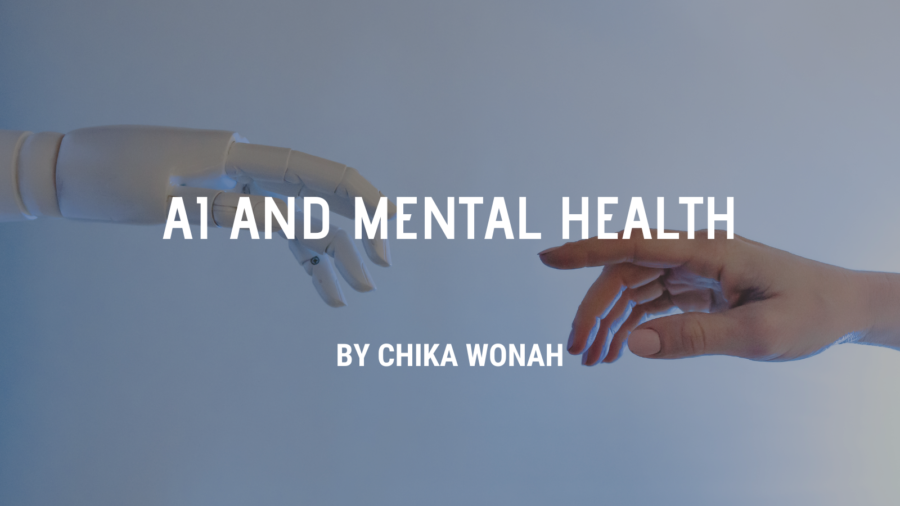AI and mental health. The two words typically don’t go hand in hand, but as we become more reliant on technology for our mental health healthcare, it’s important to understand AI’s role. In this blog post, we will discuss what artificial intelligence is and how you can use it to improve the lives of those with mental illness.
Mental illness is a broad term that can refer to various disorders, including anxiety, depression, bipolar disorder, and schizophrenia. These illnesses can be extremely debilitating and often require specialized care. The traditional approach to mental health care has provided counseling or therapy to help the individual manage their condition. However, with the advent of artificial intelligence, there may be new ways for AI to assist in treating mental illness. Here are some possible uses of AI in combatting mental health.
Diagnostics
One potential use for AI in mental health care is diagnostics. With access to large data sets and powerful analytics tools, AI could be used to identify patterns in symptoms indicative of certain disorders. This could allow for earlier diagnosis and treatment of mental illness. In addition, you can use AI to develop personalized treatment plans for patients. By analyzing a patient’s symptoms and medical history, AI could recommend specific therapies that have been shown to be effective for that individual.
Monitoring
Patients with mental illness can often be difficult to track, especially if they are not regularly seeing a doctor. However, with the help of AI, it may be possible to monitor their condition remotely. This could involve using sensors or wearable devices to track heart rate, breathing patterns, and movement. AI could then analyze this data to detect any changes in the patient’s condition. If there is a change, the AI system will notify either the patient or their doctor to take appropriate action.
While there is no doubt that AI can play a significant role in mental health care, there are still some challenges that need to be addressed. One of the biggest concerns is privacy. With so much personal data being collected, it is important to ensure that it is securely stored and accessed only by authorized individuals. Another concern is accuracy. AI systems can make mistakes, so it is important to test them extensively before using them in a clinical setting.
Despite these concerns, there is no doubt that artificial intelligence has the potential to revolutionize mental health care. With its ability to diagnose disorders earlier, develop personalized treatment plans, and monitor patients remotely, AI could help improve the lives of those with mental illness.

